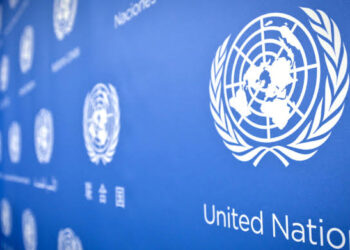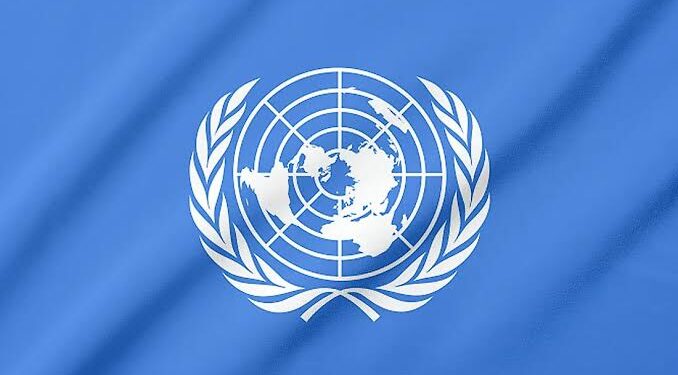Millions of people across West and Central Africa are teetering on the brink of starvation, with the UN World Food Programme (WFP) issuing a desperate plea for international assistance. The region is facing a perfect storm of conflict, climate shocks, and economic turmoil, leading to skyrocketing food prices, dwindling food supplies, and severe malnutrition, particularly among children
Why It Matters
In a race against time, the WFP is ramping up its lifesaving food and nutrition assistance program, targeting 7.3 million people during the critical June-August lean season. This period marks the peak of hunger as food stocks from previous harvests run out before the next crop is ready.
The program aims to support national governments in Burkina Faso, Cameroon, Central African Republic, Chad, Mali, Mauritania, Niger, and Nigeria. However, the WFP warns that this number could rise to 12 million if adequate funding becomes available.

The WFP faces a heartbreaking dilemma. Despite a near-record level of need, dwindling resources for humanitarian operations force them to assist fewer people than originally planned.
The situation is dire. Nearly 55 million people in West and Central Africa are projected to face acute hunger during the lean season, a fourfold increase compared to 2019. Malnutrition is also at an alarming level, with an estimated 17 million children under five suffering from acute malnutrition.
What They Are Saying
The WFP emphasizes the need for transformative solutions beyond just emergency food assistance. Their goal is to empower vulnerable families to not only meet their immediate needs but also build resilience for the future. This includes investments in sustainable food security, improved agricultural productivity, and strengthening the purchasing power of families.
The statement read, “We are ramping up our lifesaving food and nutrition assistance programme in West and Central Africa, targeting 7.3 million people during the ongoing June-August lean season when food stocks run out and hunger peaks. The programme which kicks off in June, supports national governments’ lean season response plans in Burkina Faso, Cameroon, Central African Republic, Chad, Mali, Mauritania, Niger, and Nigeria.”
“The number of people World Food Programme will target as part of the programme could expand to 12 million people if adequate funding allows. But dwindling resources available for humanitarian operations means that despite near-record level needs, WFP has been forced to assist less people than originally planned.
“West and Central Africa is in the grips of a severe food security and nutrition crisis – with nearly 55 million people projected to face acute hunger during the June-August lean season – a fourfold increase on the 12.6 million people facing acute hunger in 2019. Malnutrition has also reached extraordinary levels, with an estimated 17 million acutely malnourished children under five,” the statement stated.
The current crisis stems from a complex web of factors. Conflicts in the region disrupt food production and displace people from their homes. The climate crisis brings erratic weather patterns, leading to droughts and floods that devastate agriculture. Economic shocks fueled by high inflation, weakened economies, and rising fuel and food prices further erode people’s ability to afford basic necessities.
The most vulnerable populations, including refugees, internally displaced people, and those living in areas impacted by conflict and climate shocks, are bearing the brunt of the crisis.
The escalating humanitarian needs far outstrip available funding. This funding gap leaves millions of food-insecure families without assistance, pushing them deeper into hunger and potentially facing even worse conditions next year.
Bottom Line
The WFP urges the international community to step up and provide the necessary funding to avert a full-blown catastrophe. Investing in both emergency relief and long-term solutions is crucial to break the cycle of hunger and build a more secure future for the millions at risk in West and Central Africa.

















